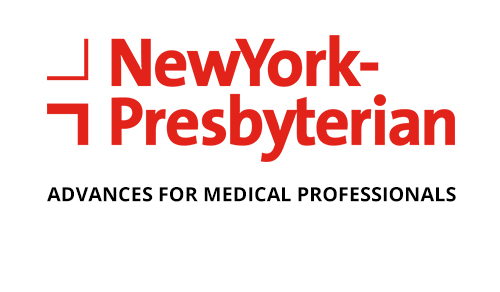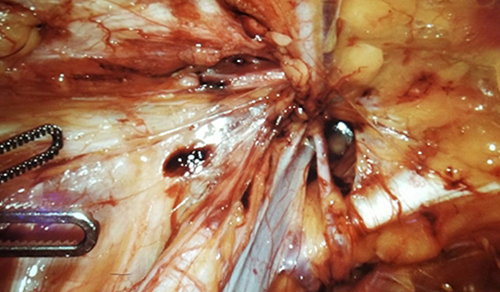Dr. Mitchell Elkind Named President of American Heart Association

Dr. Mitchell Elkind
Mitchell Elkind, MD, MS, Professor of Neurology at Columbia University College of Physicians and Surgeons, Professor of Epidemiology at the Mailman School of Public Health, and an Attending Neurologist in the Division of Stroke and Cerebrovascular Disease at NewYork-Presbyterian/
Dr. Elkind has served on several American Heart Association/
“I think some of the most exciting research now is at the intersection of heart disease, stroke, and brain health,” says Dr. Elkind, whose own research continues to advance the field of stroke prevention, with a particular focus on atrial cardiopathy and the role of inflammatory and infectious biomarkers in stroke risk prediction. He is a Principal Investigator of the AtRial Cardiopathy and Antithrombotic Drugs In prevention After cryptogenic stroke (ARCADIA) trial, a multicenter National Institutes of Health-funded trial comparing the effect of the blood thinner apixaban to aspirin among patients with unexplained strokes and atrial disease. The study is a collaborative project with investigators at the University of Washington and Weill Cornell Medicine, including Hooman Kamel, MD, Chief of the Division of Neurocritical Care at NewYork-Presbyterian/
“Part of what I hope to do during my tenure as President is not only to incorporate stroke and other vascular diseases of the brain into the message of the AHA, but also brain health and brain science.”
— Dr. Mitchell Elkind
“Over the last 20 to 30 years, stroke has become an increasingly important focus of the AHA, and, more recently, the AHA has become interested in brain health in general,” notes Dr. Elkind. “Additionally, attention has been drawn to stroke as a major complication of atrial fibrillation. We’re learning that A-Fib is much more common than we thought, and while the condition isn’t always persistent, patients still carry a risk of stroke. Other patients may have abnormalities of the atrium, or small chamber, of the heart, but without the fibrillation. We think that this problem, which we call atrial cardiopathy, may in fact underlie many of the unexplained strokes that neurologists see. And if we can detect people with atrial cardiopathy, it’s possible that treating them with blood thinners will reduce the risk to the brain.”
Dr. Elkind is also a Principal Investigator of the Northern Manhattan Study, which investigates stroke risk factors in the multi-ethnic population of Washington Heights in Northern Manhattan. Now in its 30th year, the study has enrolled over 4,400 individuals and made great advances in the understanding, prevention, and treatment of stroke.
Dr. Elkind has also been the recipient of grants from the Centers for Disease Control and Prevention and New York State and has participated in several clinical trials of acute and preventive stroke therapy, including the use of short-term high-dose statin therapy in acute stroke. He also serves as the head of the Division of Neurology Clinical Outcomes Research and Population Science (NeuroCORPS) in the Columbia University Department of Neurology.
“Part of what I hope to do during my tenure as President is not only to incorporate stroke and other vascular diseases of the brain into the message of the AHA, but also brain health and brain science,” continues Dr. Elkind. “We just announced our impact goals for 2030, and the mission is to extend the healthy lifespan, free of disability, by two years in the U.S. The AHA has tremendous resources and provides some of the highest levels of grant funding outside of the NIH. I hope members of the neurology community will start looking more to the AHA for funding.”
AHA and COVID-19
In the March 17, 2020 issue of the AHA journal, Circulation, Dr. Elkind joined with current AHA president Robert A. Harrington, MD, and Immediate Past-President Ivor J. Benjamin, MD, in authoring an article outlining the AHA’s role in the global COVID-19 pandemic. Read the full article at https://www.ahajournals.org/doi/10.1161/CIRCULATIONAHA.120.046749.
Related Publications

Merging Surgical Expertise to Uproot Cardiac Sarcomas







